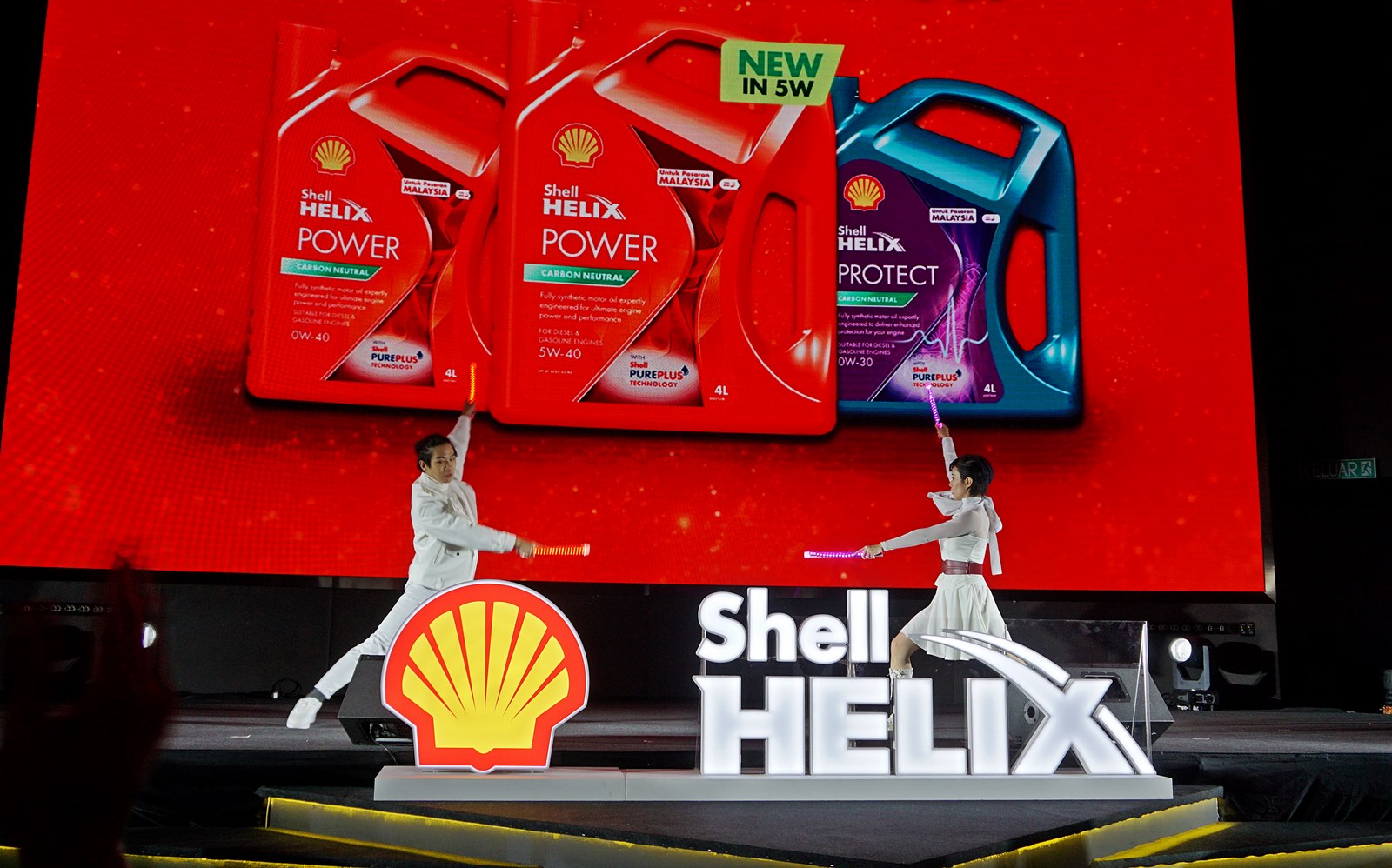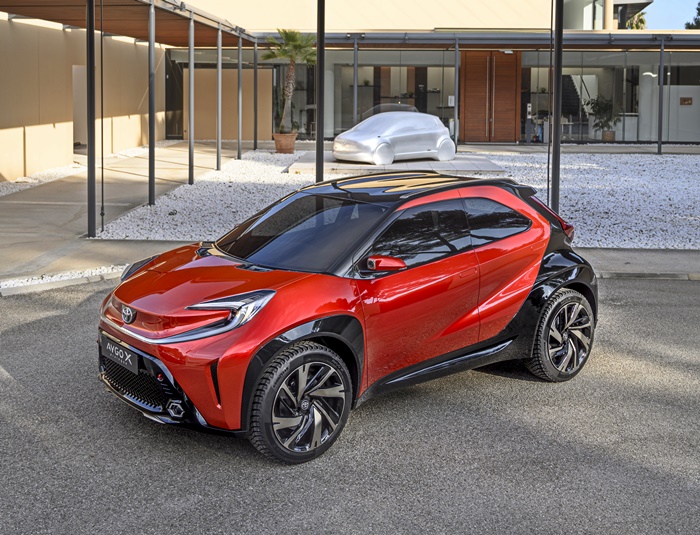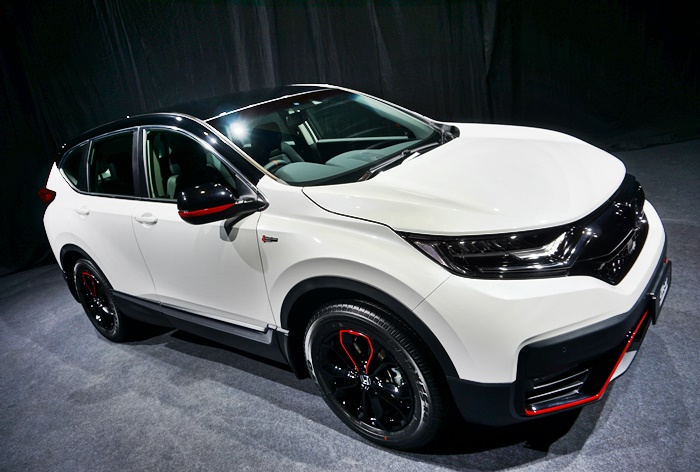Ever since the Industrial Revolution began in the 19th century, emissions of carbon dioxide (CO2)have kept increasing in the environment from industrial activities and products. The gas, often referred to as a ‘greenhouse gas’, has been identified as the main contributor to global warming. Although nature has had processes to remove CO2, the increase of the gas has exceeded the capability of natural systems to remove it, leading to accumulation that has reached levels where the climate is being changed.
The warning signs are clear and depending on who you listen to, we could be very close to the tipping point when the change will not be reversible. But regardless of the timeline, it is clear that global warming is occurring and action needs to be taken. Scientists believe that preventing an increase of more than 1.5 degrees C. is crucial for the planet’s future and some 200 countries have given commitments to do their part to achieve this goal.
Industries, most of which generate CO2 through their activities and products, have also made a similar commitment to help prevent climate change. Many have already stated goals to stop generating greenhouse gases – becoming carbon-neutral – in their activities and products during the next couple of decades.
Among these companies is Shell, the global energy company, which has long had activities upstream and downstream as well as products – fuels and lubricants, in particular – which have generated CO2. The company has declared that it will become a net-zero emissions energy business by 2050.
(more…)






























